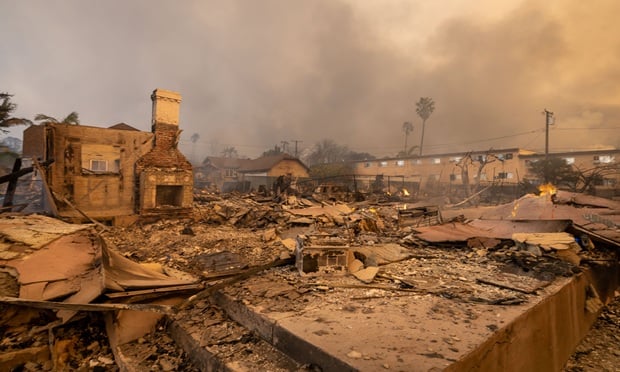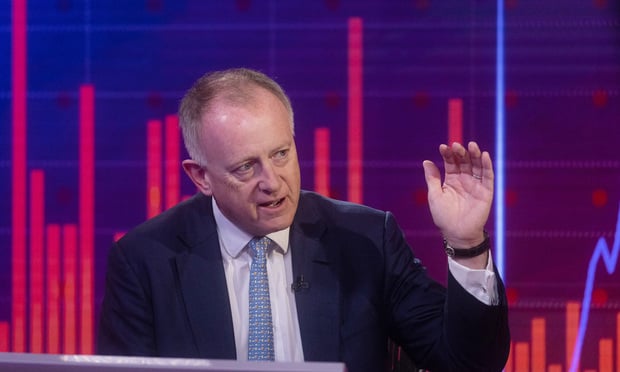With primary companies eagerly awaiting the Jan. 1 renewal season, one factor that might keep pricing down is the influx of new capital into the reinsurance market, according to an analyst.
Bear Stearns property-casualty insurance analyst David Small said recently in a note to investors that more than $7.5 billion in capital is expected to flow into the market in the aftermath of Hurricane Katrina.
Last week Chubb Corp., Warren, N.J., announced it was investing into a new Bermuda entity that was expected to have an initial capital base of $1.5 billion. Harbor Point, as the company will be called, is the first new reinsurance entity established in the aftermath of Katrina.
Recommended For You
Want to continue reading?
Become a Free PropertyCasualty360 Digital Reader
Your access to unlimited PropertyCasualty360 content isn’t changing.
Once you are an ALM digital member, you’ll receive:
- Breaking insurance news and analysis, on-site and via our newsletters and custom alerts
- Weekly Insurance Speak podcast featuring exclusive interviews with industry leaders
- Educational webcasts, white papers, and ebooks from industry thought leaders
- Critical converage of the employee benefits and financial advisory markets on our other ALM sites, BenefitsPRO and ThinkAdvisor
Already have an account? Sign In Now
© 2025 ALM Global, LLC, All Rights Reserved. Request academic re-use from www.copyright.com. All other uses, submit a request to [email protected]. For more information visit Asset & Logo Licensing.








